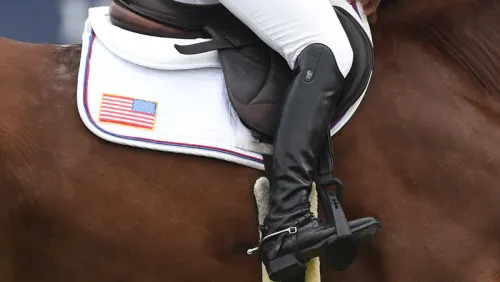The Bureau of Land Management has faced criticism from many fronts as officials tried to manage the number of wild horses and burros roaming federal lands, without sending them to slaughter. But a new initiative, in conjunction with the animal-rights organization the Humane Society of the United States, may be just the ticket they need to manage the herds.
Porcine zona pellucida is an immuno-contraceptive agent that blocks conception 90 percent of the time in experimental applications to horses. When PZP is injected into mares, it causes them to produce antibodies like a vaccine. The antibodies attach to the mare\’s sperm receptors on the ovum and block fertilization. PZP is obtained from domestic pig ovaries. Horses can also ingest it in a time-release pellet form.
Right now, the HSUS holds an investigational new drug permit from the Federal Drug Administration for PZP. Although the drug is still experimental, the BLM officials can use the drug through the HSUS exemption.
PZP has been used for 20 years in other horse populations, including the wild horses of Assateague Island (Md.) and in three field trials in western wild horse populations.
ADVERTISEMENT
BLM officials hope to work with HSUS to use the drug to manage more than 32,000 wild horses and burros across 10 states. At $200 per mare per year, the cost of administering PZP will be less than half what it costs taxpayers to house animals in holding facilities.
But even with the drug\’s introduction into herds, it won\’t mean the end of annual gathers of wild horses, as BLM officials eventually want to reduce the current numbers of free wild horses to 28,000, according to The Albuquerque Tribune. Wild horse herds grow 18 to 25 percent per year if left unchecked.
Trials so far suggest that PZP doesn\’t enter the food chain, the effects passively wear off with time if the injections stop (although the effects could become permanent if done for more than seven years), and it does no harm if injected mares are already pregnant.














